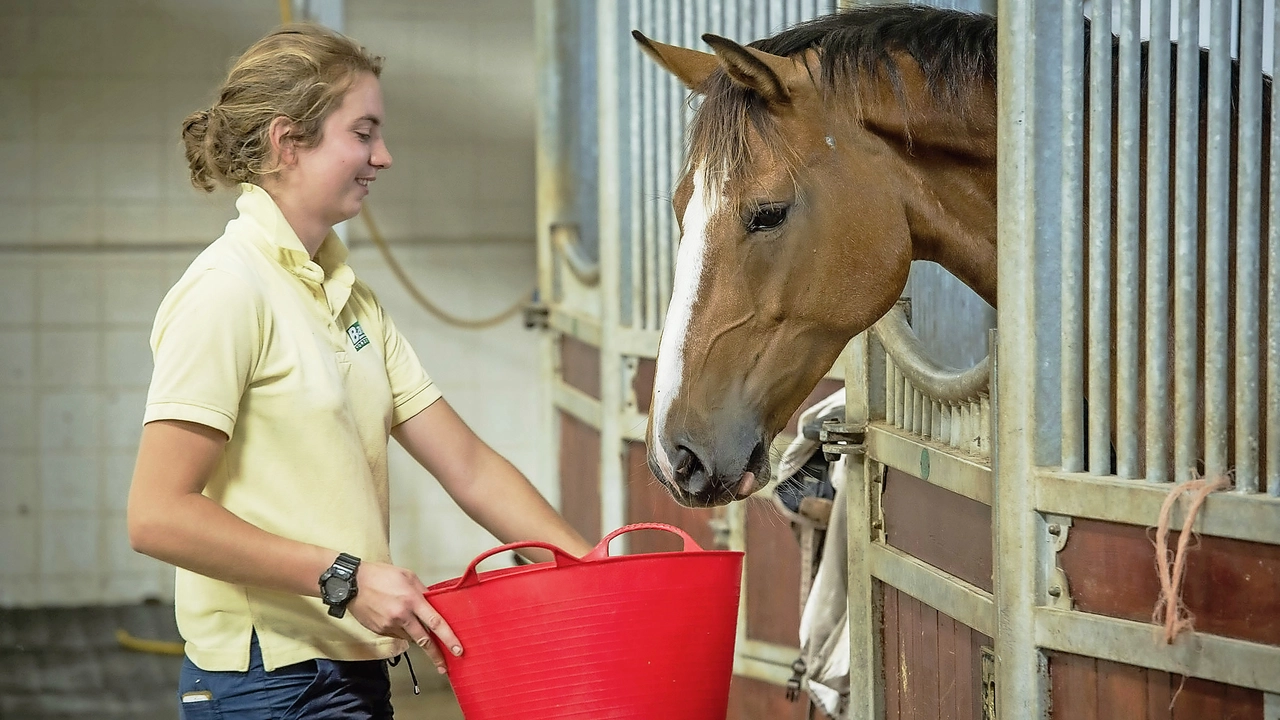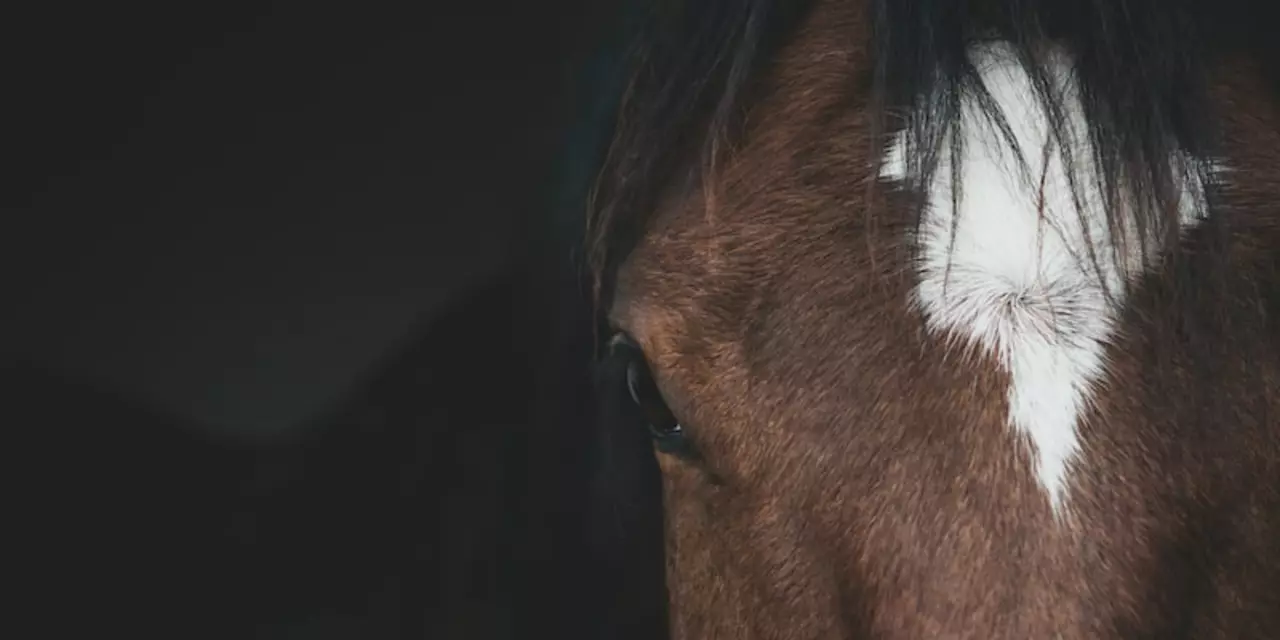Horse Ownership: Your Quick Guide to a Happy, Healthy Ride
Thinking about getting a horse? It’s exciting, but there’s a lot to cover before you sign the papers. From the price tag to daily care, this guide gives you the most useful tips in plain language.
What to Expect When You Buy a Horse
First off, a horse isn’t a cheap hobby. Expect to pay anywhere from a few thousand pounds for a young, untrained pony to tens of thousands for a proven sport horse. Add the cost of a vet check, a pre‑purchase exam, and possible transport fees and you’ve got a realistic budget.
Never skip the vet exam. A qualified vet can spot joint issues, dental problems or hidden injuries that could become expensive later. Ask for a full health record and, if possible, a recent lameness exam. It’s a small step that saves headaches down the road.
Everyday Care: Tack, Feed, and Health
Proper tack is the backbone of safe riding. A well‑fitted saddle prevents back pain for both horse and rider. If you’re unsure about the fit, bring a professional saddle fitter to the stable. The same goes for the bridle – a gentle, correctly sized one lets the horse respond without stress.
Feeding is another big piece. Most horses do well on a mix of good quality hay, a bit of concentrate feed, and fresh water. Adjust the amount based on the horse’s size, workload and condition. Over‑feeding can lead to colic or laminitis, so keep an eye on the weight.
Regular health checks are a must. Schedule a deworming program, dental float every 6–8 weeks, and vaccination boosters as advised by your vet. Keep a grooming routine – cleaning the mane, tail and hooves not only looks nice but also helps you spot cuts or thrush early.
When it comes to exercise, start slow. Even a seasoned horse needs a warm‑up before a ride and a cool‑down afterward. If you’re a beginner, work with a qualified trainer for the first few weeks. A good trainer will teach you balance, rein control and how to read the horse’s signals.
Safety gear is non‑negotiable. Wear a certified riding helmet, sturdy boots with a heel, and consider gloves for a better grip. Avoid loose jewellery or dangling items that could snag on the tack.
Finally, remember that owning a horse is a long‑term commitment. Horses can live 25‑30 years, so think about your plans for the future – will you stay in the area, can you afford ongoing costs, and do you have a backup plan if you can’t ride for a while?
With these basics in mind, you’re ready to make a confident decision. A well‑cared horse brings years of joy, adventure and a unique bond you won’t find elsewhere.

Alright folks, saddle up because we're about to gallop into the exciting world of horse ownership. First off, owning a horse isn't just like having a big, hay-eating dog, it's a full-blown commitment. It's like having a large, majestic, four-legged, hay-munching teenager that requires constant care, attention, and yes, money. You'll need to consider everything from food, shelter, and healthcare, to the emotional needs of your equine buddy. So, if you're ready to dive-hoof-first into this adventure, just remember, it's not a one-gallop show, it's a marathon!
Read more

Horse ownership is a rewarding experience, but it also requires a lot of knowledge and dedication. This article offers some of the best-kept secrets to successful horse ownership, including understanding the horse's needs, being aware of the costs of ownership, and having the right attitude. It is also important to learn the basics of horse care, such as grooming and feeding, and to establish a good relationship with a qualified veterinarian. Finally, having a proper understanding of safety and horse behavior is essential in order to have a safe and enjoyable experience with your horse.
Read more

